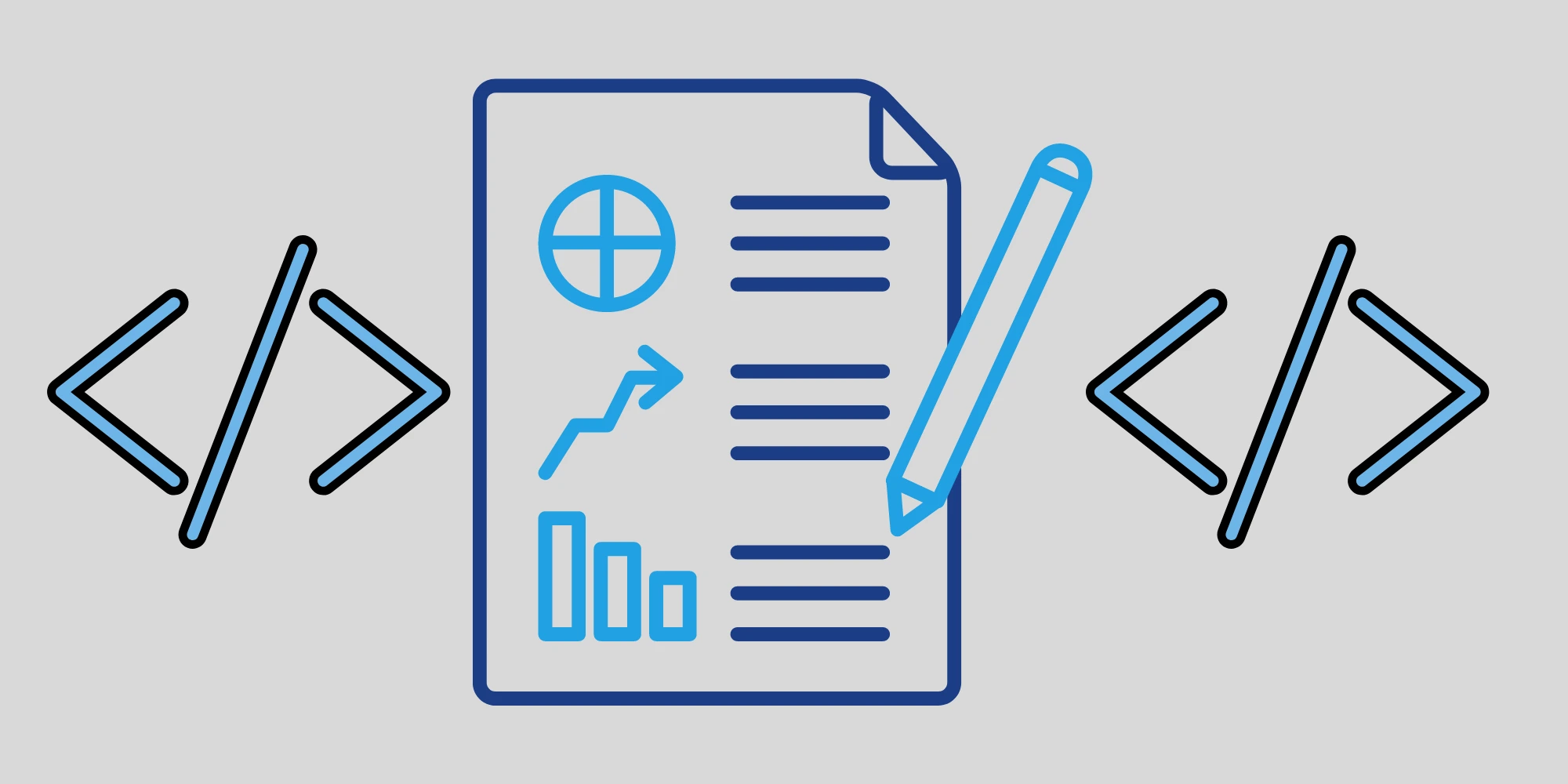Google, the world’s leading search engine, has consistently emphasised the importance of structured data for websites and its role in improving the search experience for users.
Structured data provides a way for webmasters to communicate information about their content to search engines, allowing the latter to understand better what a website is about and present it in a more informative manner in the search results. This has led to the rise of various structured data formats such as JSON-LD, Microdata, and RDFa.
In recent years, the use of structured data has become increasingly popular, and webmasters now have several options to choose from when implementing structured data on their sites.
While each of these formats has its own strengths and weaknesses, Google has recommended using JSON-LD. In a blog post, Google explained that JSON-LD is the preferred format for structured data because it is easier to use, more flexible, and provides a better user experience.
JSON-LD (JavaScript Object Notation for Linked Data) is a lightweight data-interchange format that provides a way to embed structured data within a web page.
JSON-LD uses a script tag to embed the structured data, which makes it easier to implement than other formats such as Microdata and RDFa. Additionally, JSON-LD provides a more flexible way to express structured data, allowing for multiple types of structured data to be included on a single page.
This makes it easier for webmasters to provide comprehensive information about their content to search engines.
Microdata is another structured data format that provides a way to embed structured data within a web page. Unlike JSON-LD, Microdata uses HTML attributes to express structured data.
While Microdata is easy to understand and implement, it has its own limitations. For example, Microdata only allows for a single type of structured data to be included on a page, which can limit the amount of information that can be communicated to search engines.
Additionally, Microdata can make the HTML code of a page more cluttered and difficult to read.
RDFa (Resource Description Framework in Attributes) is a W3C recommendation for expressing structured data within HTML, XHTML, and XML documents.
RDFa uses HTML attributes to express structured data, similar to Microdata. However, RDFa is more powerful and flexible than Microdata, as it allows for multiple types of structured data to be included on a page and provides a more comprehensive way to express structured data.
However, like Microdata, RDFa can make HTML code more cluttered and difficult to read, which can make it less accessible to webmasters who are not familiar with it.
Takeaway
While there are several structured data formats to choose from, Google has recommended using JSON-LD as the preferred format for structured data.
JSON-LD provides a more flexible and user-friendly way to express structured data, making it easier for webmasters to provide comprehensive information about their content to search engines.
While Microdata and RDFa also have their own strengths, they can be more challenging to implement and can make HTML code more cluttered and difficult to read.
Webmasters who are looking to improve their search experience and visibility should consider using JSON-LD for their structured data needs.






